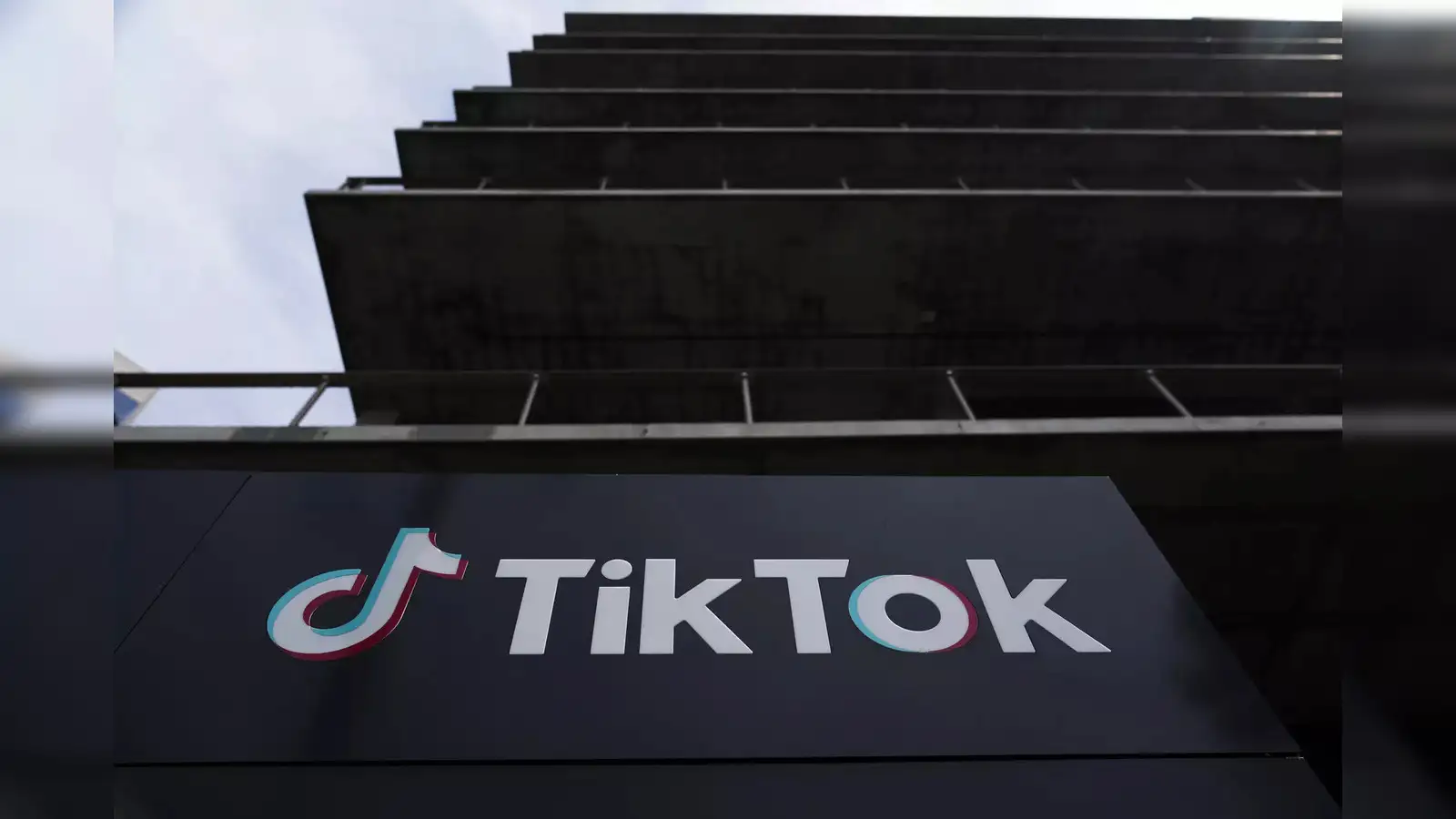In a significant move, the United States Congress has passed a bill aimed at regulating the popular social media platform TikTok. The passage of this bill raises questions about the future of the app and its millions of users. Let’s delve into what this means and what happens next.
The TikTok Bill: What Does it Entail?
The bill, officially known as the “TikTok Accountability and Security Act,” addresses concerns regarding data privacy and national security associated with the Chinese-owned app. It mandates strict regulations on how TikTok handles user data, particularly in terms of storage, access, and potential sharing with foreign entities. Additionally, the bill requires thorough security assessments of TikTok’s operations to ensure compliance with US standards.

For the millions of TikTok users in the United States, this bill could bring about changes in how they interact with the platform. While the specifics are yet to be determined, users may notice adjustments in data collection practices, potentially leading to increased transparency about how their information is used and stored. Moreover, there could be changes in the app’s features and functionalities to align with the new regulatory requirements.
Impact on TikTok’s Operations
The passage of this bill also has significant implications for TikTok as a company. It may necessitate structural changes within the organization to meet the regulatory demands imposed by the US government. TikTok’s parent company, ByteDance, might need to invest resources in enhancing data security measures and ensuring compliance with the new legislation. Failure to comply could result in hefty fines or even expulsion from the US market.
The passage of the TikTok bill is likely to reverberate beyond the borders of the United States. It sets a precedent for other countries grappling with similar concerns about data privacy and national security in the context of foreign-owned social media platforms. Countries such as India and Australia, which have also taken measures against TikTok, may find inspiration in the US legislation to bolster their regulatory frameworks.

With the bill now passed, the focus shifts to its implementation and enforcement. Regulatory agencies will play a crucial role in overseeing TikTok’s compliance with the new requirements. Additionally, ongoing dialogue between policymakers, industry stakeholders, and privacy advocates will shape the evolution of digital governance in the era of rapidly advancing technology.
The passage of the TikTok Accountability and Security Act marks a pivotal moment in the regulation of social media platforms in the United States. While aimed at addressing concerns related to data privacy and national security, its implications extend far beyond legislative boundaries. As TikTok navigates the complexities of compliance, users and observers alike will closely monitor developments, anticipating how this legislation will shape the future of social media.












